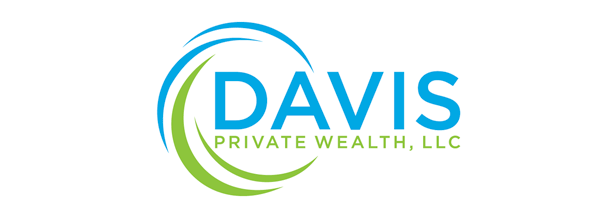URGENT for anyone that has an LLC, S-Corp, Partnership, or other Entity
I wanted to share something very important and urgent with all of you. It applies to a lot of you (but not everyone). If you have any ownership over 25% or have any control over an entity (LLC, S-Corp, etc) this will most likely apply to you. This includes entities used as holding companies for real estate and some entities no longer in use.
There is less than 3 months (1/1/2025) before many of us need to file a BOI (Beneficial Ownership Information) Filing before penalties start.
The Corporate Transparency Act (CTA) was enacted on January 1, 2021 as part of the National Defense Authorization Act for Fiscal Year 2021. It represents one of the most significant changes in U.S. corporate law in decades. Here’s a breakdown of the key points regarding the CTA:
- Purpose
The Corporate Transparency Act aims to combat money laundering, terrorist financing, and other illicit financial activities by increasing transparency in corporate structures. It mandates that certain companies report their beneficial owners (those who actually control or benefit from the company) to the Financial Crimes Enforcement Network (FinCEN) of the U.S. Department of the Treasury.
- Reporting Requirements
Under the CTA, companies are required to disclose detailed information about their beneficial owners. This includes: Full legal name, Date of birth, Residential or business address (not PO Boxes), Unique identifying numbers, such as a driver’s license or passport number
The report must be filed with FinCEN within certain time frames:
- For new companies (1/1/2024 and newer): 90 days upon formation or registration.
- For existing companies: Companies formed before the effective date of the regulations (January 1, 2024) have one yearto report. The deadline is coming up on 1/1/2025!
- For changes: Any changes to the reported information must be updated within 30 days.
- Who Needs to Report?
The reporting obligations apply to many U.S. businesses and foreign companies doing business in the U.S. Generally, any corporation, limited liability company (LLC), or similar entity formed in the U.S. or registered to do business in the U.S. must report. However, there are certain exemptions, such for nonprofits and larger companies.
- Penalties for Non-Compliance
Failure to comply with the CTA can result in significant penalties, including:
- Civil penaltiesof up to $500 per day for each day the violation continues.
- Criminal penalties, including fines of up to $10,000and/or imprisonment for up to 2 years for willful violations or unauthorized disclosures of beneficial ownership information.
If this applies to you (or may apply), then I urgently suggest you reach out to your attorney or CPA to help file this report or discuss it. You can also file it yourself. It takes approximately 10-15 minutes per entity for simple filings but could take longer for more complex ones. Here is the website to file: https://www.fincen.gov/boi
Our firm cannot file these beneficial owner filings for clients (guidance is only for attorneys and CPA’s) but we are here to give general information regarding these filings. There is also something called a FinCEN ID that is recommended to get and use for the BOI filing for the company (or give to the person filing it). A FinCEN ID will save a lot of time if you have multiple entities that need to be filed for.



